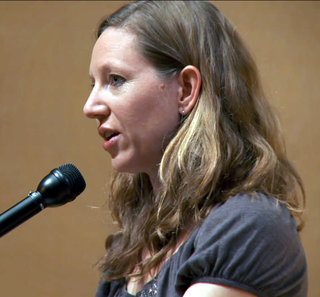A Quote by Maggie Nelson
Is it exciting to have a codified identity, which then gets a codified set of rights and recognitions and visibility? Are we supposed to take it from there, within the same system? Or are we trying to upset the table before we want a place at it?
Related Quotes
Though moral axioms to guide the conduct of the practitioner have existed since the beginnings of the profession of healing, Western doctors are most likely to view the Hippocratic Oath of approximately two-and-a-half millennia ago as the first codified set of statements to which they can look for guidance.
I feel like it's not so much a tradition as a system that has been codified over the centuries starting in the Renaissance that applies to any painted surface. So if you're engaging in paintings, this is the language that one has to learn and is obliged to speak. I was very fortunate that I learned this language when I was a kid before I went to California, where I learned the language of attitude. Somehow the two things began to coexist.
When you expand the civil-rights struggle to the level of human rights, you can then take the case of the black man in this country before the nations in the UN. You can take it before the General Assembly. You can take Uncle Sam before a world court. But the only level you can do it on is the level of human rights. Civil rights keeps you under his restrictions, under his jurisdiction. Civil rights keeps you in his pocket.







































